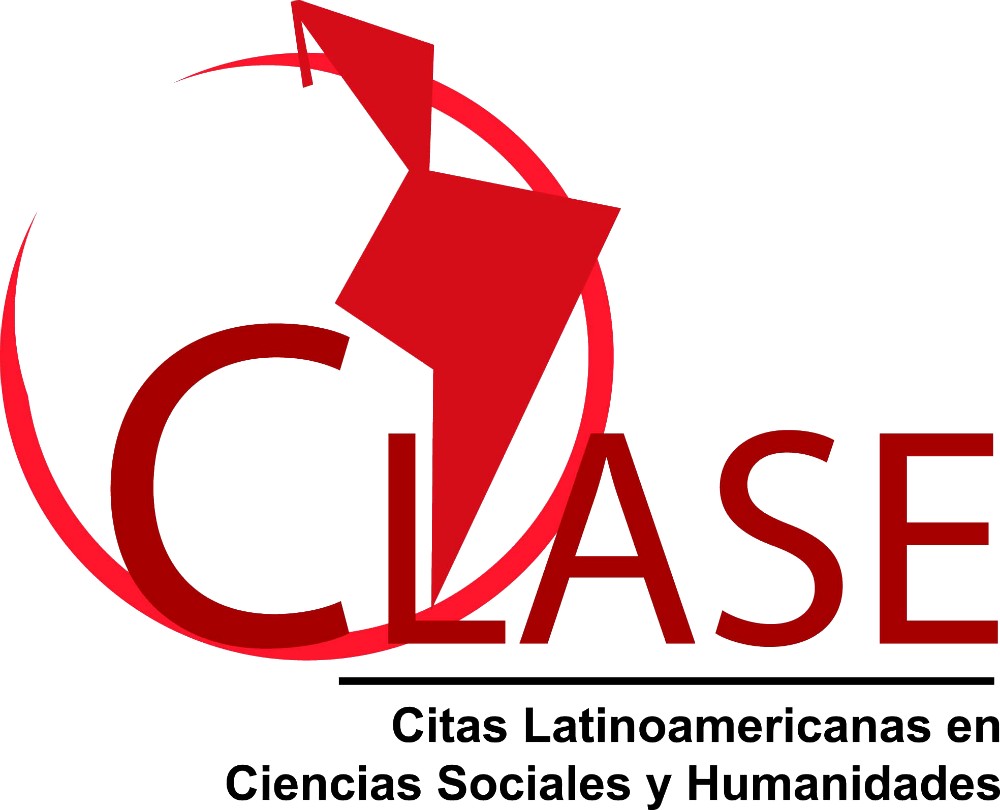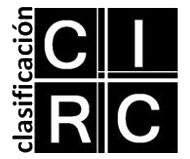The collective enunciation of the dead as a rewriting of Mexican history in Pedro Páramo by Juan Rulfo
DOI:
https://doi.org/10.24215/16696581e440Keywords:
narración, transculturación, historia, violencia, oralidadAbstract
The present work tries to glimpse the inscription vehicles of Mexican history in Pedro Páramo by Juan Rulfo, contemplating the European conquest, the caciquismo and the Zapatista revolution. It will be argued that the novel allows us to conceive the historical event from the constant return of the symbolic and effective violence exerted on the subaltern indian and peasant subjects, analyzing the way in which the enunciation of the dead reveals events hidden by the dominant discursive formations. In this sense, the oral accounts of the dead reveal what the written archive silences, calling into examination the exercise of colonial, ecclesiastical and cacical power, through formal transcultural strategies. In this way, the figuration of violence, carried out, among other resources, through the review of narrative parameters of the Western worldview and the inarticulate way of enunciation of the dead, is contrasted with the exotic and idyllic image of Latin America propelled by the writings of the Latin American boom, putting in question the precursor character on this that literary criticism usually grants to the novel.
Downloads
References
Arguedas, José María (1965). “El sueño del pongo”. Recuperado de: www.userpage.fu-berlin.de/vezquez/vazquez/arguedas.htm.
Ávila, F., Galindo Trejo, J., Poveda Ricalde, A. y Moreno, J. (2007). “Las civilizaciones mesoamericanas”. En Norma
Ávila Giménez (comp.), Breve historia de la astronomía en México (pp.9-22). México D.F.: Universidad Nacional Autónoma de México.
Cornejo Polar, Antonio (2003). Escribir en el aire. Lima: CELACP.
Foffani, Enrique (2012). “Pasaje a la(s) India(s). La escritura de las huellas del indio y sus mitos en la narrativa latinoamericana del siglo XX. (Rulfo, Arguedas, Roa Bastos, García Márquez)”. En: America Romana in coloquio Berolinensi: Beiträge zur transversalen Sektion II des XXXII. Deutschen Romanistentaages (pp. 257-280). Frankfurt: Peter Lang Internationales Verlag der Wissenschaften.
Fuentes, Carlos (1992). “Rulfo, el tiempo del mito”. En Claude Fell (coord.), Juan Rulfo Toda la Obra (pp.825-833). Madrid:Colección Archivos.
Rulfo, Juan (2012). Pedro Páramo. Buenos Aires: RM Verlag.
Lespada, Gustavo (1996). “Pedro Páramo o el poder de la escritura (Anfibología e incongruencia en la novela de Juan Rulfo)”. Revista semestral del Centro de Estudios Literarios de la UNAM, 7, pp. 61-78.
Lienhard, Martin (1992). “El substrato arcaico en Pedro Páramo: Quetzalcóaltl y Tláloc”. En Claude Fell (coord.), Juan Rulfo Toda la Obra (pp.842-850). Madrid:Colección Archivos.Rama, Ángel (2007). Transculturación narrativa en América Latina. Buenos Aires: El Andariego.
Roa Bastos, Augusto (1992). “Los trasterrados de Comala”. En Claude Fell (coord.), Juan Rulfo Toda la Obra (pp.801-807). Madrid:Colección Archivos.
Sahagún, Fray Bernardino de (2016). Historia de la conquista de México. El Libro XII de la Historia general de las cosas de la Nueva España. Buenos Aires: Corregidor.
Downloads
Published
How to Cite
Issue
Section
License
La aceptación de un original por parte de la revista implica la cesión no exclusiva de los derechos patrimoniales de los/as autores/as en favor del editor, quien permite la reutilización, luego de su edición (postprint), bajo una Licencia Creative Commons Atribución-NoComercial-CompartirIgual 4.0 Internacional (CC BY-NC-SA 4.0)
Acorde a estos términos, el material se puede compartir (copiar y redistribuir en cualquier medio o formato) y adaptar (remezclar, transformar y crear a partir del material otra obra), siempre que a) se cite la autoría y la fuente original de su publicación (revista y URL de la obra), b) no se use para fines comerciales y c) se mantengan los mismos términos de la licencia.
La cesión de derechos no exclusivos implica que luego de su edición (postprint) en Question las/os autoras/es pueden publicar su trabajo en cualquier idioma, medio y formato; en tales casos, se solicita que se consigne que el material fue publicado originalmente en esta revista.
Tal cesión supone, también, la autorización de los/as autores/as para que el trabajo sea cosechado por SEDICI, el repositorio institucional de la Universidad Nacional de La Plata, y sea difundido en las bases de datos que el equipo editorial considere adecuadas para incrementar la visibilidad de la publicación y de sus autores/as.
Asimismo, la revista incentiva a las/os autoras/es para que luego de su publicación en Question depositen sus producciones en otros repositorios institucionales y temáticos, bajo el principio de que ofrecer a la sociedad la producción científica y académica sin restricciones contribuye a un mayor intercambio del conocimiento global.















































